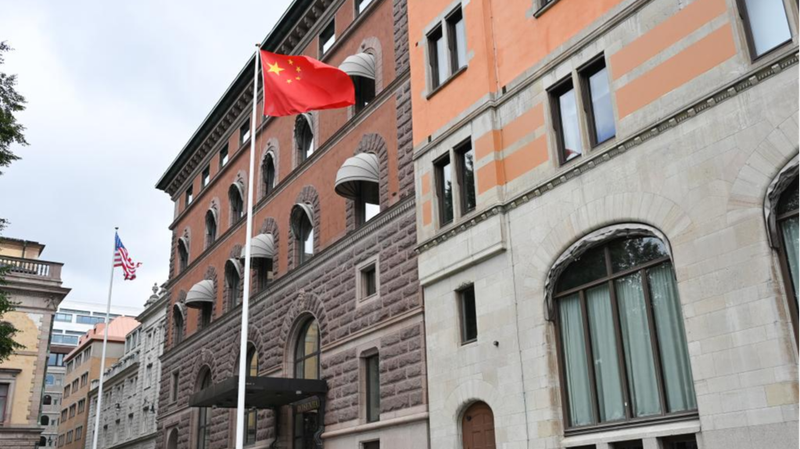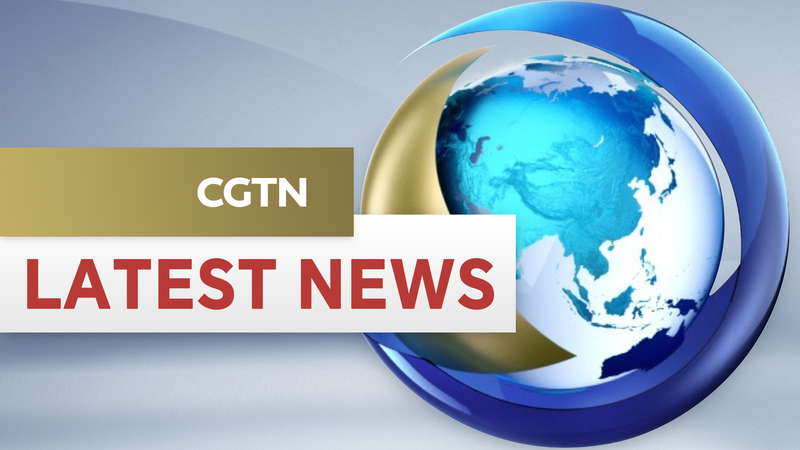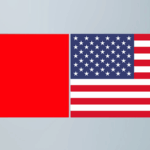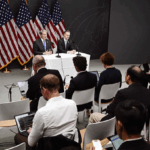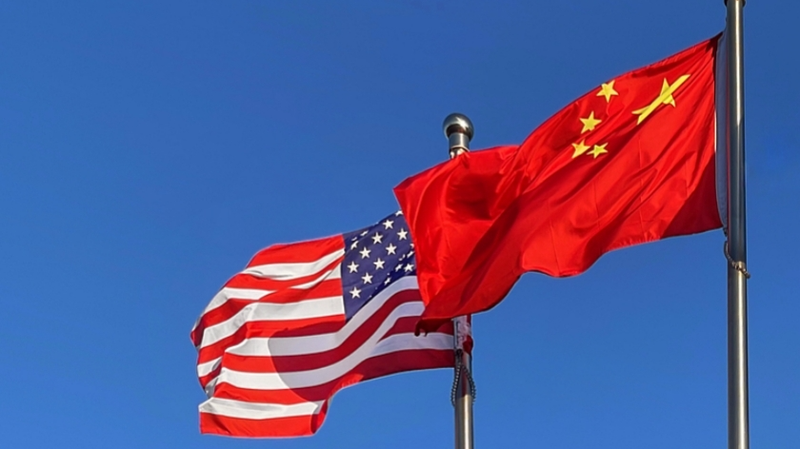Top trade officials from China and the U.S. have agreed to extend a tariff pause beyond its August 12 deadline, signaling cautious optimism amid ongoing negotiations. The decision, announced after high-level talks in Stockholm, Sweden, marks the third round of discussions since May and reflects efforts to stabilize bilateral economic relations.
A Step Toward Stability
China's international trade representative Li Chenggang described the talks as "in-depth, candid, and constructive," with both sides committing to avoid further escalation. The extension aligns with a potential leaders' summit later this year, which analysts say could pave the way for broader cooperation. Sun Taiyi, a U.S.-based political science professor, noted that the Trump administration has grown more cautious in managing trade tensions, acknowledging the risks of retaliatory measures and supply-chain disruptions.
Challenges Ahead
Despite progress, unresolved differences persist. Cui Fan, a professor at the University of International Business and Economics, emphasized that while both sides seek to avoid a full-scale tariff war, core issues like market access and export controls remain contentious. The Stockholm talks also addressed macroeconomic policies and WTO compliance, underscoring China's commitment to multilateralism.
Global Implications
Experts warn that the global trade landscape faces uncertainty as the U.S. pursues agreements with other nations, often sparking dissatisfaction among partners. Sun Taiyi cautioned that without coordinated efforts by major economies, the world risks a retreat from post-war economic integration. Cui Fan stressed that sustainable agreements must adhere to WTO principles and avoid harming third-party interests.
As negotiations continue, stakeholders worldwide will watch for signs of lasting resolution—or renewed friction—between the world's two largest economies.
Reference(s):
cgtn.com
